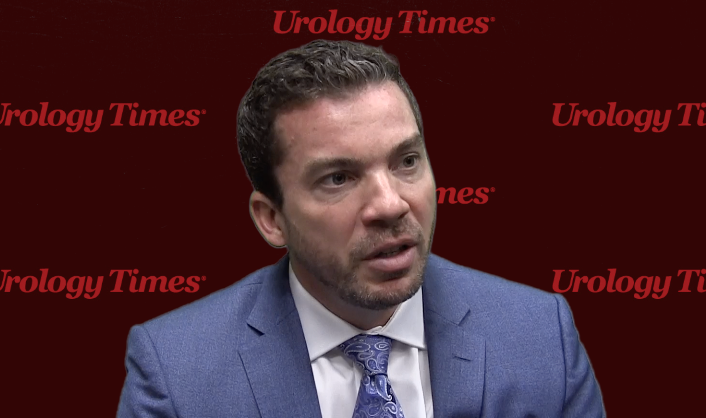News
Article
Palliative care underutilized in malignant ureteral obstruction
Author(s):
Overall, 39.1% of patients with malignant ureteral obstruction were referred to palliative care over the study period.
Less than half of patients with malignant ureteral obstruction, a serious complication of advanced cancer, received palliative care for their condition, according to findings published in Urology Practice.1
Among those included in the study, 82.6% had a urology consultation at some point during their care.

According to the authors, “Concurrent dedicated palliative care services and oncologic treatment is recommended for patients with advanced cancer.”
Lead author and urologist at Loyola University Medical Center in Chicago, Illinois Michael D. Felice, MD, added in a news release on the findings, "Earlier referral to palliative care might help to promote informed decisions about preferences for care among patients with [malignant ureteral obstruction].”2
For the study, investigators retrospectively assessed 115 adult patients who received a diagnosis of malignant ureteral obstruction at Loyola University Medical Center between May 2014 and August 2020.
Overall, 39.1% (45 of 115) of patients utilized palliative care over the study period and spent a median of 12.5 days (IQR, 3–52 days) on non-hospice palliative care. There was an average 61-day delay between diagnosis with malignant ureteral obstruction and evaluation for palliative care. Further, only 11.1% (5 of 45) patients who received palliative care were referred before decisions regarding decompression treatment were made.
Black ethnicity was shown to be associated with palliative care utilization (aOR 3.44; 95% CI, 1.08-10.94) upon adjusted analysis.
Data also showed that 53.9% (62 of 115) of patients utilized hospice care, with a median time of care of 12 days (IQR 5 to 23 days), from initiation of care to death. The median time between diagnosis of malignant ureteral obstruction and time to hospice care was 144 days. Adjusted analysis showed that prior extirpative surgery (aOR 3.63; 95% CI, 1.01-13.05) and palliative care utilization (aOR 4.38; 95% CI, 1.70-11.31) were significant predictors of hospice utilization.
In total, 85.2% of patients died or were presumed to have died during the study period. The median time between diagnosis of malignant ureteral obstruction and death was 141 days, which was similar among those who did and did not receive palliative care.
Among those who died, 43% had high health care utilization, which the investigators defined as having repeated emergency department visits or hospitalizations in the month prior to death, or an in-hospital death, among other factors.
Overall, 85.7% of patients who did not utilize hospice care had high end-of-life health care use. Receipt of hospice care was associated with a 97% decreased likelihood of high end-of-life health care use, as well as fewer intensive care unit admissions and deaths in hospital. Only hospice was shown to be associated with less end-of-life health care use upon multivariable analysis.
The authors wrote, "This highlights the impact of hospice in facilitating end-of-life discussion and enabling patients to decide how and where they spend their last days.”1
Data also showed that among those included in the study, 82.6% had a urology consultation at some point during their care.
The authors conclude, "Urologists may be particularly poised to promote interdisciplinary collaboration and initiate conversations regarding incorporating palliative care due to our multifaceted involvement in caring for patients with [malignant ureteral obstruction]."1
References
1. Felice MD, Koehne EL, Patel HD, et al. The current status of palliative care, hospice, and end-of-life health care utilization in patients with malignant ureteral obstruction. Urol Pract. 2024;11(1):187-196. doi:10.1097/UPJ.0000000000000472
2. Palliative care is underused for patients with malignant urinary obstruction. News release. Wolters Kluwer Health: Lippencott. December 21, 2023. Accessed January 2, 2024. https://www.newswise.com/articles/palliative-care-is-underused-for-patients-with-malignant-urinary-obstruction
Newsletter
Stay current with the latest urology news and practice-changing insights — sign up now for the essential updates every urologist needs.

















